In Western society, we have, as a whole, become very cognizant of what we say that could possibly be considered offensive. Modern media has allowed us to hear many different perspectives from different cultures and social groups, and through this, there has been a surge of awareness that we can only hope will continue to grow and heal our society. However, as much as we may try, there are many stereotypes or racially charged assumptions that are so deeply ingrained in our society that we don’t even realize they are harmful. Here are 18 comments, or microaggressions, that set us back and should be avoided despite perhaps appearing to be harmless.
“You speak so eloquently.”

This is a comment often pointed at individuals of color. At first glance, it may seem like a compliment, but there is actually a long history of associating non-white people with not being able to speak articulately and, therefore, not being considered as intelligent. This is rooted in racial stereotypes that can be extremely damaging, and this kind of thinking reduces a person to one facet of themselves rather than a whole human being.
“You’re so different from other [ethnic group/gender/etc.].
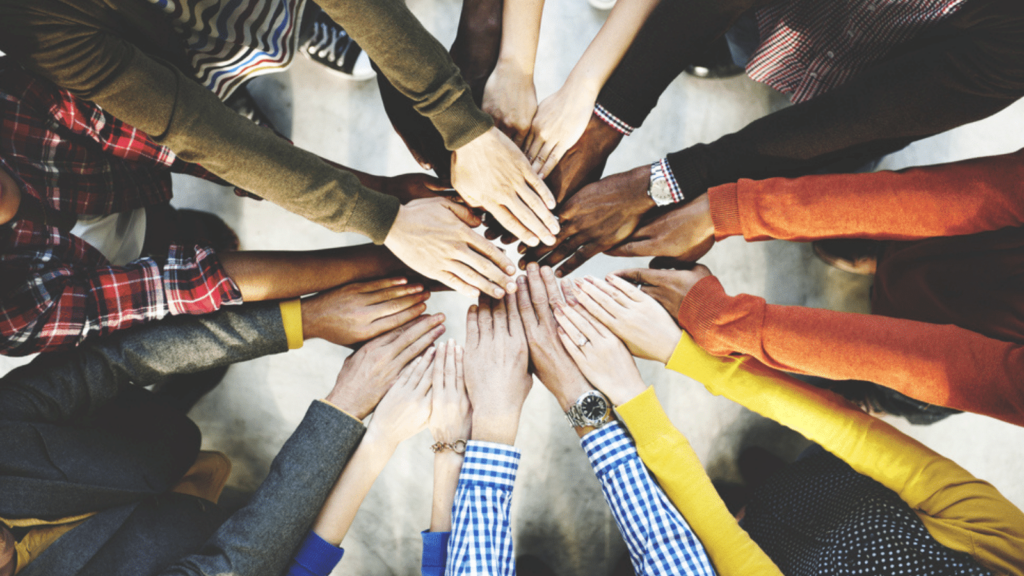
This sort of comment singles out an individual as being somehow immune to the inferred negative connotations about the group that is being referenced. It heavily implies that such a group is less than somehow and may also isolate the individual from their community.
“You must be great at [school subject].”

There is a widely known stereotype about Asian individuals that they are more likely to excel in academic subjects, like mathematics or science. This is reductive of the person to merely a label associated with their race when the individual is the real indicator of personal talents and interests.
“I don’t see color.”
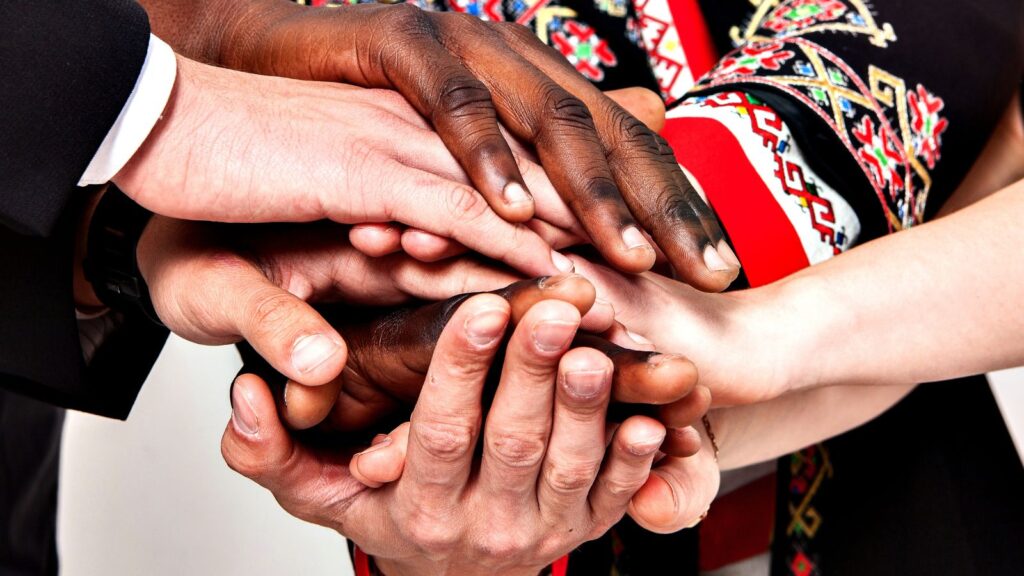
While this used to be a celebrated phrase, this type of comment discounts the lived experiences of people of color who have both wonderful and painful things associated with their racial identities. Race does matter for a lot of non-white because it can impact someone’s familial or individual identity.
“Being [ethnicity/gender/sexuality], you must like [stereotypical interest].”
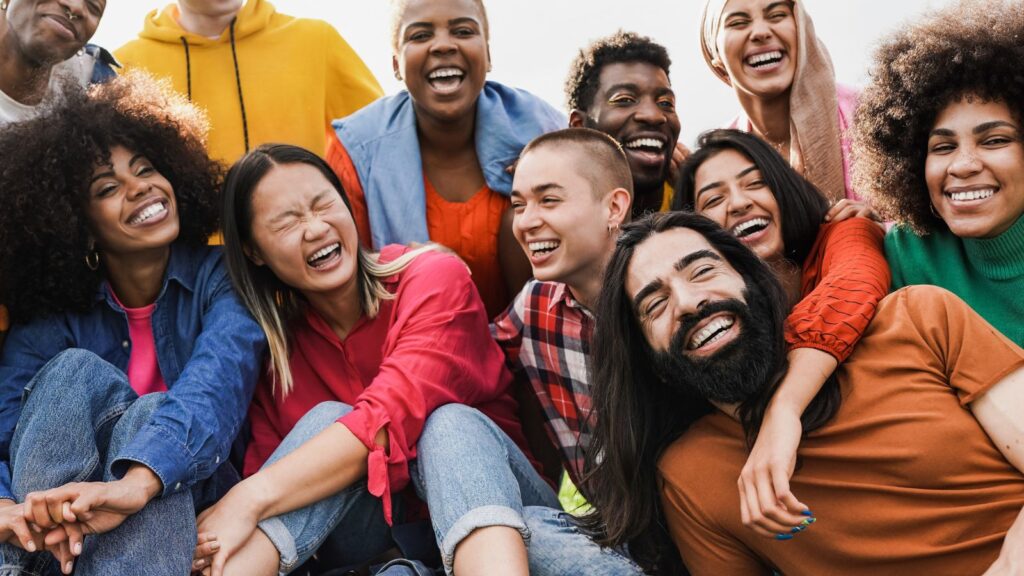
People contain multitudes, and assuming someone enjoys a certain type of music, food, or lifestyle based on a single factor of their identity reduces them down to a stereotype and overlooks their individuality and the nuances of their culture. It’s better to approach new people with an open mind and let them tell you about themselves.
“You need to calm down.”
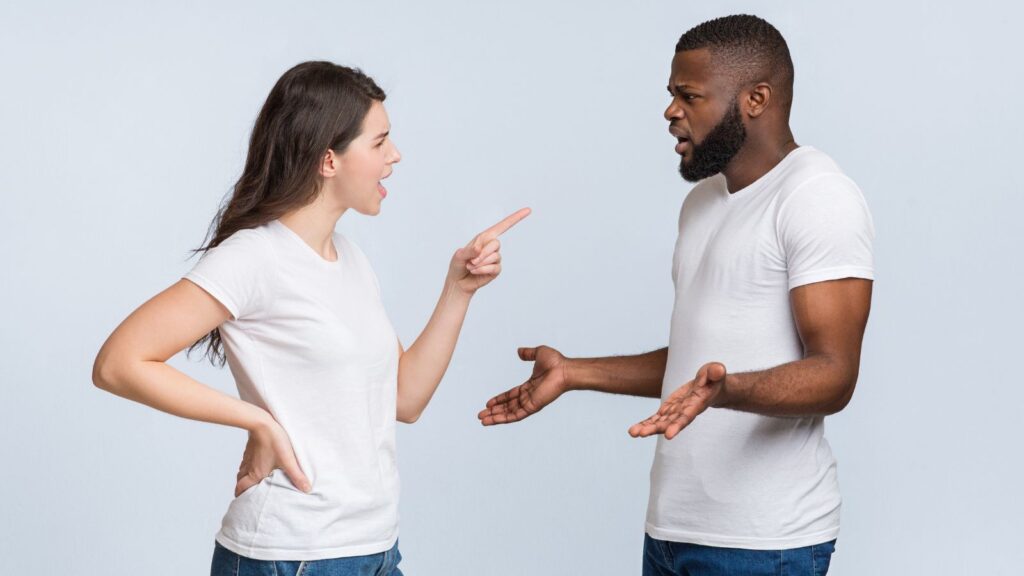
There is a harmful stereotype against Black people that they are more likely to be aggressive and angry. Before telling someone to calm down, consider if they are actually acting out or if you are just assuming they will because of preconceived expectations based on their race. Any person is equally capable of behaving aggressively.
“You look exotic.”

This is a fetishization of the person you may not be trying to offend, but it implies that they belong somewhere else. It bolsters the idea that being white is the default or standard and that anyone else is mystical, which is highly objectifying.
“Dating bisexual people is intimidating.”

Bisexual people are often associated with being overly sexual because they are attracted to both genders. People fail to realize they are just like straight or gay people and they just like who they like, which does not mean everybody. This hypersexualizes a person and can make them feel very uncomfortable.
“You’re so sensitive.”

Such comments blaming someone for being upset by a microaggression perpetuate a culture of misplaced blame. It is important to take accountability for our own words and to take into consideration how we might make someone feel, especially someone of a different culture or other societal group than ours.
“You don’t look like a [job title].”

This is like if someone says, “I have a really great doctor”, and someone else replies, “What’s his name?” We may have an idea in our heads of who “should” be a physician, a flight attendant, a firefighter, a janitor, or a teacher, but the truth is anyone can fill any of these roles. When you stop to challenge your subconscious assumptions, you can avoid causing unnecessary harm toward specific genders, ages, or racial groups.
“Where are you actually from?”
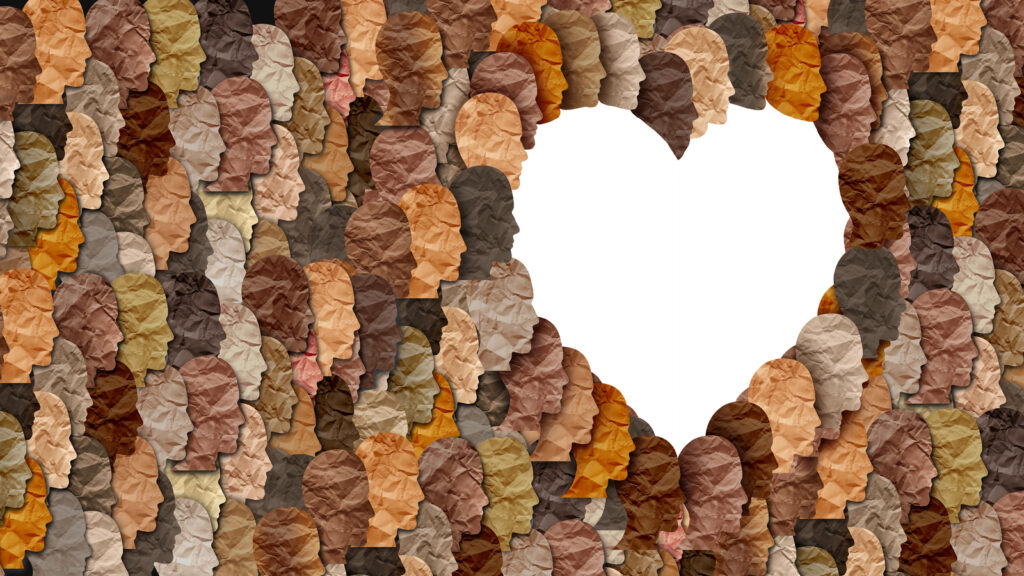
If someone says where they’re from, don’t follow up with, “But where are you actually from?” This invalidates the person’s sense of belonging, implying that their heritage excludes them from their own country. It is also isolating and can make the person feel like an outsider.
“You act white.”

We do not get to decide if our fellow humans are presenting in the way that we see fit for someone of their appearance and background. People speak and behave in differing ways for numerous reasons that do not warrant dissection. This sort of accusation implies that the individual is being disloyal to their race and trying to glom onto the dangerous notions of racial purity we have historically seen enforced.
“Is that your real hair?”

Someone else’s hair is none of our business, and in certain contexts, inquiring about it can be dehumanizing. When made towards Black individuals, scrutinization of their appearance in this way can unfairly suggest that their natural hair is less than or that the default for beauty is white features. There is a lot of negativity regarding Black hair in the workplace, and people have fought very hard for their right to wear their hair however they wish.
“You’re doing really well in life for a [group] person.”

This is a harsh microaggression that insinuates that being successful is out of the ordinary for certain groups of people. This both insults the group being referred to as a whole by implying they are not capable of success and reduces the person down to their entire fate being predetermined by their gender, race, or sexuality.
“You’re actually really attractive.”
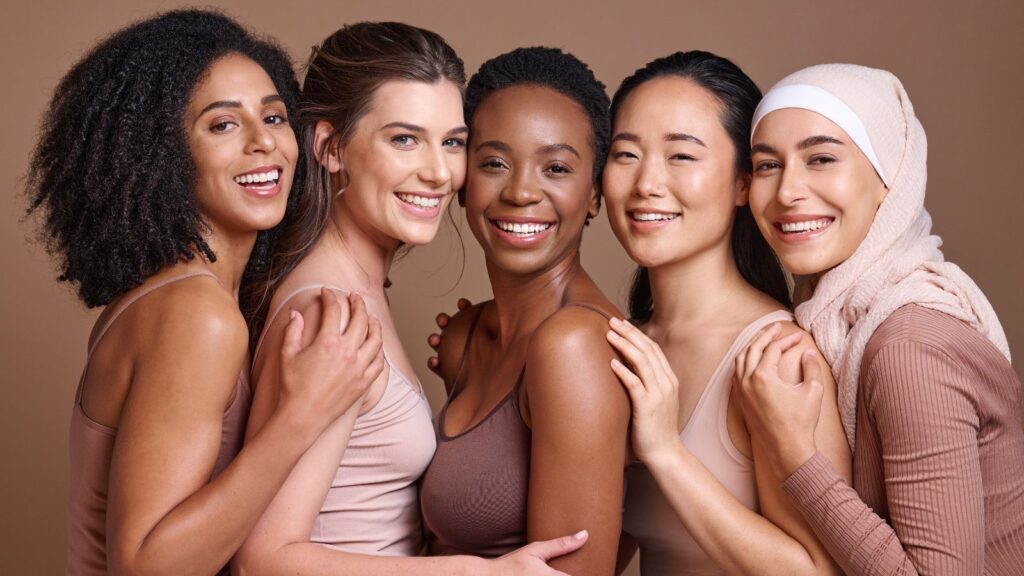
With the ever-present prevalence of white purity culture in our society, we need to be particularly mindful of how we might be conditioned to perceive certain races as the ideal attractiveness. This sort of statement implies that one race or ethnicity is less than the other because of a lack of sexual appeal.
“Anyone can succeed if they work hard enough.”

This implies that everyone begins on a level playing field, which is not true. Women, homosexual people, people of color, disabled people, and more are all at a disadvantage for success because of deeply embedded societal stereotypes. This comment disregards the varied challenges that individuals have to go through in order to make it.
“You speak English so well.”

Similarly to interrogating someone on where they are really from, this type of comment calls into question the person’s sense of belonging in their own country. It can make them feel embarrassed and out of place.
“I’m just joking, why are you offended?”

Writing off someone’s feelings because you perceived what you said to be in good fun disregards their experiences, which might have led them to feel offended. It encourages being careless with one’s words in a day and age where we really should be communicating with kindness.
Creating inclusive environments for people of all ethnicities, gender identities, sexualities, and religions is integral to moving forward as a society. It’s important to be cognizant of our words beyond the standard expectation and show all people that they are individuals worthy of respect. By learning what microaggressions are and the weight of their impact, we can collectively foster a more equitable world and improve the well-being of people of all shapes, creeds, and colors.
30 Traditional Sayings That Are Now Considered Offensive by Woke Culture

30 Traditional Sayings That Are Now Considered Offensive by Woke Culture
21 Habits Often Associated With Having a Lower Social Status

21 Habits Often Associated With Having a Lower Social Status
25 Social Issues Gen Z are Determined to Cancel

